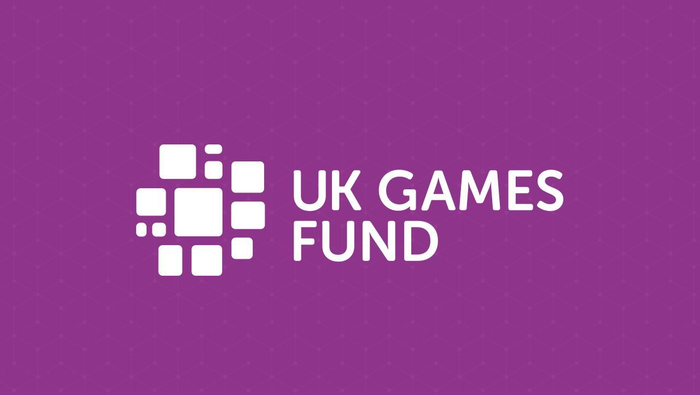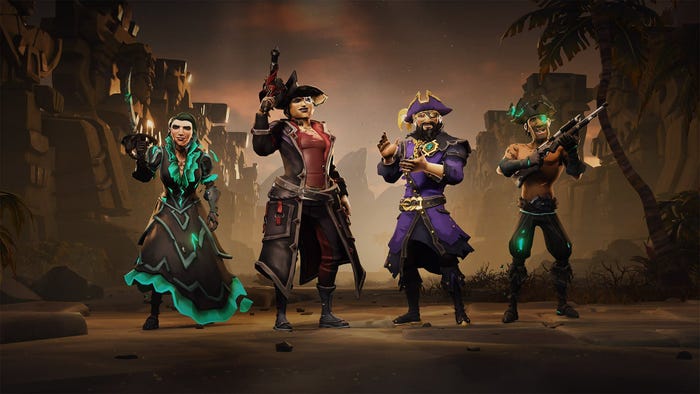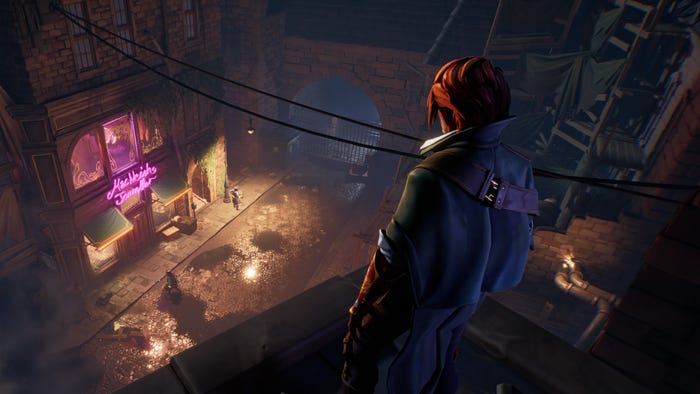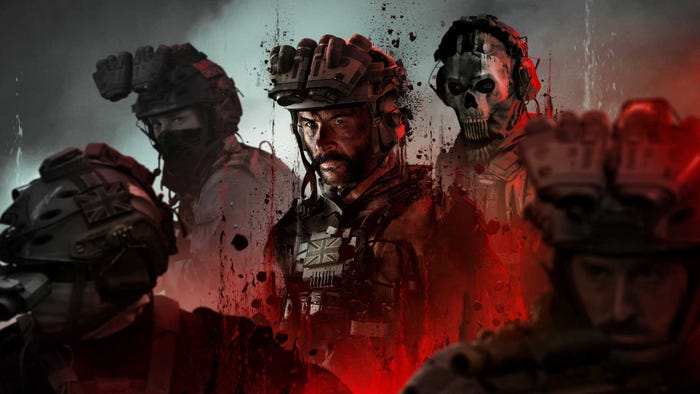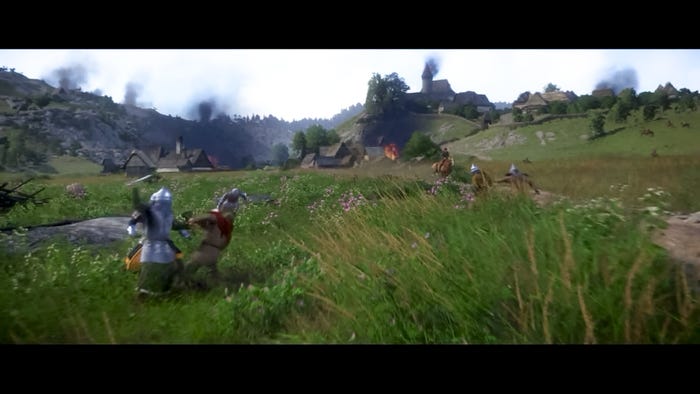Indie Megabooth co-founder Eitan Glinert has launched a program to help out small developers: an incubator, modeled after those in the tech world, and located at his Boston-based studio, Fire Hose Games.

Indie Megabooth co-founder Eitan Glinert has launched a program to help out small developers: an incubator, modeled after those in the tech world, and located at his Boston-based studio, Fire Hose Games. Glinert has so far invited two developers to bring their projects into his studio; he's offering workspace, marketing help, and even a living stipend to help them complete their titles. "We try to select games that have a ton of potential but just need a bit of extra help, from developers that we have faith in," he says. To find out more about this program, we've spoken to Glinert and the two developers -- Chris Chung (Catlateral Damage) and Chris King (20XX) -- about the program. "The idea behind the accelerator is to help remove hurdles to indie development. There's a more talented indie developers and teams than ever before, but it's getting harder and harder to get noticed," Glinert says. "Basically, we cover the most common failure points. The indies make and launch their game with our support, and then we take a cut of the revenue in return." It's a relationship Glinert describes as "mutually beneficial." The Indie Megabooth, he says, "was a big eye opener, seeing what indies could achieve when they band together."
A stipend?
Glinert only offers the program to small indies -- single developers, or maybe two-person teams -- who take up residence at the Boston-based studio. Fire Hose Games will provide them with a living stipend -- "meant to be equivalent of what a grad student gets per month to pay for rent and eat food," says the studio's Sean Baptiste -- which lets the devs focus on working on their game above all else. Glinert says that the stipend system (as opposed to lump-sum funding or milestone payments) means that "we're only paying as much as necessary to make the game, there's enough flexibility in the payout system that devs know they will get what they need to survive while making the game." Catlateral Damage It also helps avoid messy negotiations over payments or rights to the game, something both Glinert and Catlateral Damage developer Chris Chung agree on. "I get paid during development and always get a portion of the revenue after launch, as opposed to burning through savings during development and handing all profits (and/or the IP) over to a publisher after launch," says Chung, who's been working with Fire Hose for the last several months. "Fire Hose provides a stipend so I don't have to starve, desk space so I don't slack off working from home, and lots of developer resources I wouldn't have access to on my own," Chung says. For example, Glinert worked closely with Chung to create his (successful) Kickstarter campaign for Catlateral Damage, which raised almost $62,000.
What else the devs get
Sometimes the Fire Hose crew makes a direct contribution to a game -- an art asset, some code expertise. But Baptiste and Chung agree that one of the major benefits of the program is feedback that helps the developers stay on track: "we are just always here in the office to bounce things off of and give feedback," says Baptiste. That helps developers get through "that part where you have a hard time being objective about your game anymore [and] you kind of get lost in it." "They've got design experience that we're already making good use of ('what's working for us and what needs work?' sorts of stuff that we've wanted good feedback on for a long time) and they're helping us figure out a plan in terms of getting the game in front of our audience in an appealing way," says Chris King, whose 20XX is the second game to be selected for the program, after he met Glinert at a Washington, DC IGDA meeting. "Getting the game in front of our audience" includes a lot of things: Besides Kickstarter, it potentially means traditional press opportunities, exhibitions at PAX (which Chung said would not have been possible without Fire Hose's help) and exposure on the Fire Hose Games Twitch.tv channel. "We can share our fans between games, and with some regular front page Twitch appearances, help them build an audience while they are in active development," says Baptiste. Chung broadcasts Catlateral Damage development once a week, for example.
Conclusion
In other words, it the Fire Hose incubator keeps its focus on the big picture -- promotion, quality, and funding -- while the developers are immersed in the day-to-day, nitty-gritty of game development. The game doesn't get lost in the minutiae of its own development cycle. "Eitan has described it as offering a multiplier on the developer's 'awesome' and I think that's a fitting description!" says Chung. A promotional video created by Fire Hose about Catlateral Damage For his part, Glinert hopes that the model catches on: "If we can help prove that this model is viable I'm sure we'll see a lot of other groups running similar programs, which would be fantastic for developers," Glinert says. After all, accelerators -- including much, much bigger ones -- are prevalent in the tech world. Experienced businesspeople and developers lend their expertise and resources to promising startups. In fact, Fire Hose's program isn't the only attempt at something along this line -- Double Fine Presents has some similarities, and Indie Fund seeks out promising small projects. Neither, however, offers the exact same package; the particular method Fire Hose is using seems to have won over at least its two participants so far. As funding and discovery continue to be two of the biggest hurdles for independent developers, support systems like this will continue to grow -- and this incubator shows one form that they can take.
About the Author(s)
You May Also Like


